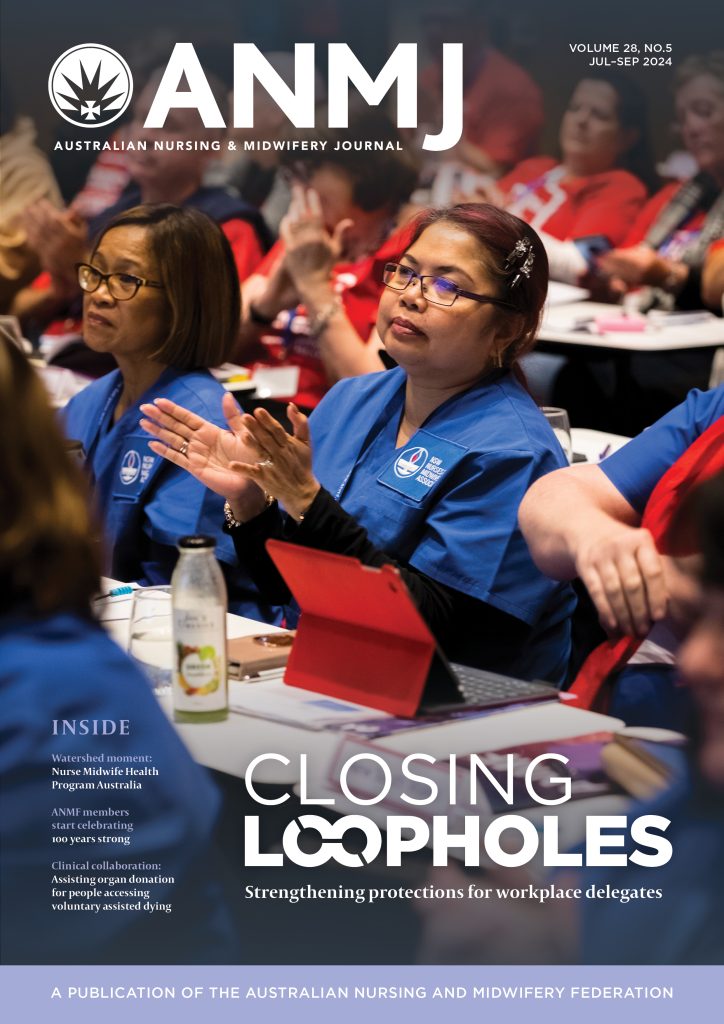The delay in securing employment for new grads in Victoria is having a serious impact on their mental wellbeing which is costing the state up to $100 million per year.
The staggering statistics were released in a report by VicHealth and Lateral Economics today (Wednesday 3 October).
The average graduate now takes 2.6 years to find meaningful full-time work – up from one year in 1986.
Under-utilisation of young people in the workforce increased from 19% to 30% over the past decade.
The mental health impact of this delay will continue to potentially cause the Victorian community $60-$100 million per year into the future, according to the report.
VicHealth CEO Jerril Rechter said the report highlighted the devastating impact of unemployment and underemployment on young people’s mental wellbeing and the large costs to Victorians as a result.
“This research shows the transition to full-time work is a really tough time for young Victorians, with many experiencing stress, anxiety and depression as a result.
“Gone are the days of walking straight out of university into a job being the norm. For most young people it now takes years of churning through insecure and often unpaid work before securing a meaningful full-time role.”
Lateral Economics Senior Economist Gene Tunny said young people whose career start was delayed faced future costs as well as current challenges to their economic and emotional wellbeing. The report found young Victorians stood to lose up to an additional $130,000 of lost earnings, in real terms, over their lifetime.
The figures follow an Australian Council of Social Services (ACOSS) report Faces of Unemployment released in September which found more than half of Australians who experienced unemployment and who later found work, were subject to work insecurity.
Unemployed people who received Newstart and the Youth Allowance were far more likely to obtain part-time or casual jobs than full-time permanent jobs.
ACTU Secretary Sally McManus said underemployment was approaching crisis levels while national youth unemployment had been in crisis for the whole term of the current federal government.









